Suicidal ideation is a medical term for having suicidal thoughts. Thoughts might be brief or persistent, resulting in a well-thought-out strategy. Many people who have suicidal thoughts do not die by suicide, even if they engage in suicidal behavior or attempt suicide. Suicidal thoughts or behaviours can be triggered by a variety of situations, including depression, hopelessness, extreme anxiety, insomnia, or panic attacks. Suicidal thoughts are not common in people with these or other medical or mental health issues, but it happens.
Suicide ideation and behaviour should be treated seriously, and anyone who is having suicidal thoughts or knows someone who is having suicidal thoughts should call a crisis line as soon as possible.
Assessing suicide risk and behaviour
A person may have chronic suicidal thoughts but never attempt suicide, or he or she may attempt suicide after only a brief period of suicidal ideation. As a result, all suicide threats and suicidal behaviour must be regarded seriously.
If you or someone you know does any of the following, seek help right away:
- Threatens to harm or kill oneself.
- Attempts to get the means to commit suicide (weapons, medications, etc.)
- Discusses or writes about his or her own death.
- Exhibits a desire for revenge.
- Discusses the sense of being caught in a bad circumstance with no way out.
- Feels as if there is no reason to live or that life has no meaning.
- Withdraws from all vital relationships, including friends, school, work, family, and others.
- Without hesitation, engages in unsafe behaviour.
Causes of suicidal ideation and behaviour
Suicidal ideation can occur for no apparent reason, but it is frequently a symptom or result of a mental health condition or after a traumatic life event, such as a failed or failing relationship(s); grief; medical illness; rejection; sexual abuse, emotional abuse, or physical abuse; or unemployment.
Suicidal thoughts or behaviour may be exacerbated by a person’s familial or personal history. A personal history of previous suicide attempts or a familial history of parasuicide (self-harm, attempts, or gestures with no desire to die) may raise one’s risk of suicidal ideation. As a side effect of several psychiatric medicines, suicidal ideation and behaviour can develop.
Suicidal thought is more common in those with schizophrenia during periods of remission, and those with significant medical illnesses like AIDS or cancer are more likely to have suicidal ideation if they simultaneously have a psychological condition. Suicidal ideation and behaviour have been found to be most common in those who are suffering with mood disorders like bipolar disorder while concurrently abusing drugs or alcohol.
Suicide thoughts can be triggered by a variety of psychological disorders, including, but not limited to:
- Panic
- Eating and food issues
- Bipolar
- Posttraumatic stress/trauma
- Body image issues
- Dissociation
- Depression
- Schizophrenia
- Social anxiety
Therapy for suicidal ideation
People who have suicidal ideation and behaviour on a regular basis may benefit from psychotherapy. Individuals who are at danger of suicide, on the other hand, require more intensive treatment, such as hospitalisation or intensive in-patient or out-patient treatment. Weekly psychotherapy is simply insufficient to appropriately protect and address those who are in crisis. Therapy to address the underlying causes of suicide ideation or behaviour is often advised once an individual is no longer in crisis.
Hopelessness is the largest contributing factor to suicidal ideation, according to the psychotherapy model, and a substantial part of crisis intervention and post-crisis counselling seeks to restore hope.
Once the crisis has passed, a person who continues in therapy will likely look into ways to resist the urge to self-harm (if self-harming was a part of the person’s behaviour), address the factors that led to suicidal thoughts, and create a plan that includes coping strategies and methods to address suicidal thoughts if they recur.
Medical Treatment For Suicidal Ideation
When someone seeks help for suicidal ideation, health care providers are likely to try to evaluate and treat any medical or psychological issues that may be present. Because a multitude of factors can contribute to suicidal thoughts, diagnosing any physical or mental health concerns is considered a crucial step in the therapy process. Psychotropic medicines, which may be taken briefly in combination with therapy, may be beneficial to some people.
Hospitalization or intensive in-patient or out-patient treatment may be required in cases of serious suicidal ideation or behaviour, or when an individual reaches a point of crisis. Suicidal ideation might result in physical health problems or self-injury; therefore, medical treatment may be required sometimes.
Please contact Simply Align Rehab Physio in Scarborough/Toronto at simplyalignrehab.com for detailed advice on “How can counselling help in Suicide and Suicidal Thoughts”, or call or text us at (416) 628-8554 for your Physiotherapy or Chiropractor requirements in Toronto.
